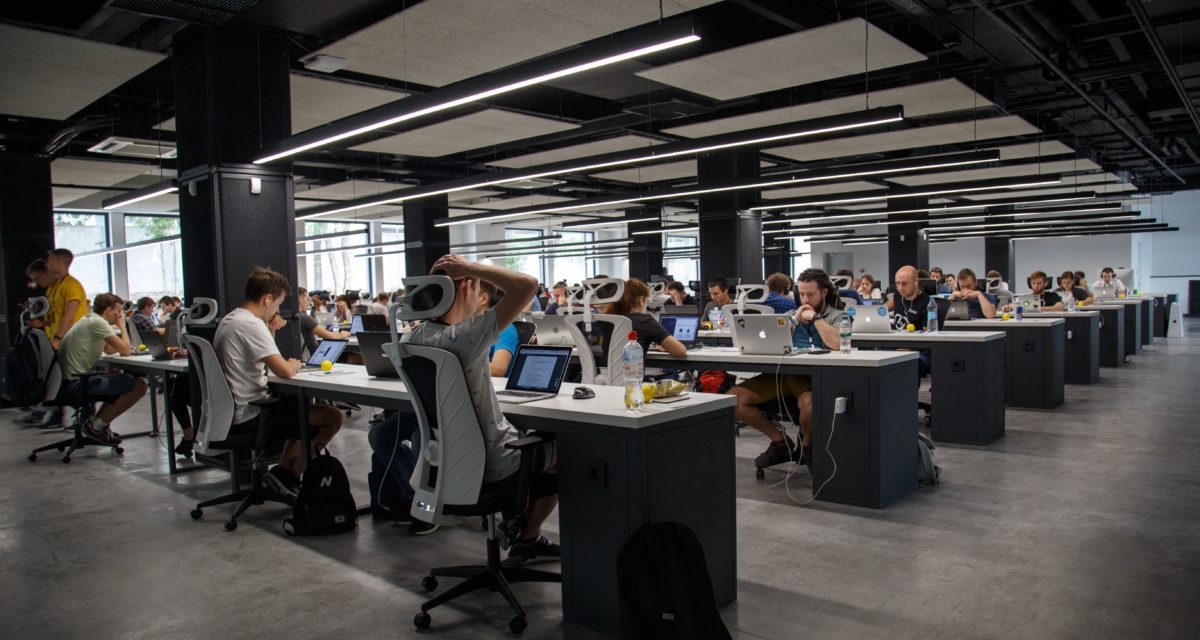In today’s ever-changing business environment, companies around the world are always looking for the best practice procedures that will bring in the best revenue for their organization. Along with determining what will work best for the company, also comes a decision on whether to outsource personnel or to employ locally. Lets look at some of the effects of outsourcing.
Deciding to outsource can be a two-sided coin. On one end, companies are saving money, by possibly hiring through a staffing agency. This may free up job duties for the human resources department. The other side of this endeavor may mean that the company may overlook certain issues that would have possibly been caught had the duties would have been controlled in-house.
What are some pros to outsourcing jobs?
- Companies save money
- Opportunity for business growth
- Possible ability to limit expenses on a local level
- Remote workers have access good jobs
What are some cons to outsourcing jobs?
- Local employees may lose their jobs, which can, in turn, affect the community
- May have negative impact on reputation on the organization (cheap labor)
- Retention level may decrease as employees seek to find a more stable company to work for
The main reason companies seek to outsource is to save money. Companies may seek to grow their business by reducing the cost locally. Less overhead can lead to higher revenue and increased growth. For example, if an organization can limit the use of employees traveling to the office, and outsource employees to do the same work from the comfort of their own home, this can save the company money and business space.
The negative impacts of outsourcing can include local employees losing their jobs. If a large organization employ most of the local community, outsourcing can give a huge impact on the economy of that community. When companies go the outsourcing route, sometimes they are viewed negatively by the public. This may also increase the number of employees who do not feel secure in the company, and they may seek to find work elsewhere.
The flip side of the corporate view is the community view. Towns have historically lived and died by the businesses that were located there. This is no longer the case. Workers who have learned to work remotely can live anywhere. This opens opportunities in interesting locations to get deals on real estate that they would never have in communities where jobs and workers are linked geographically. Dying towns can attract new residents with little more than good internet access.









